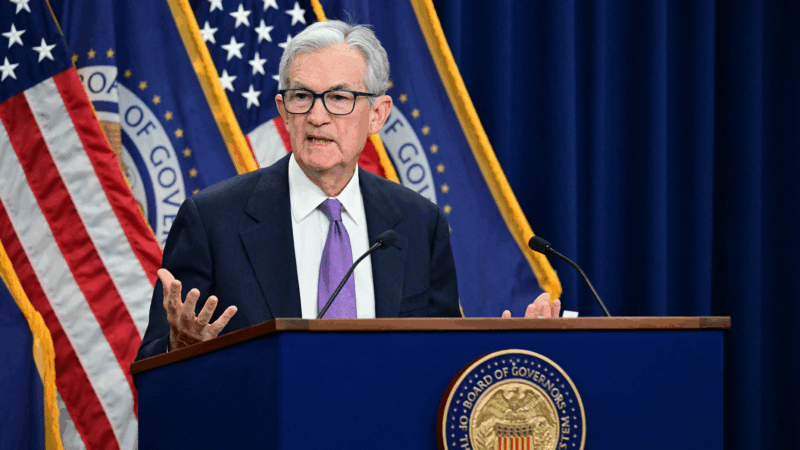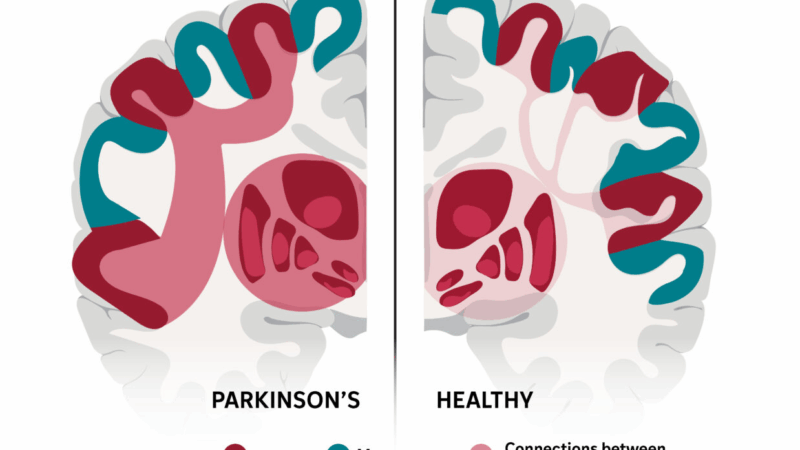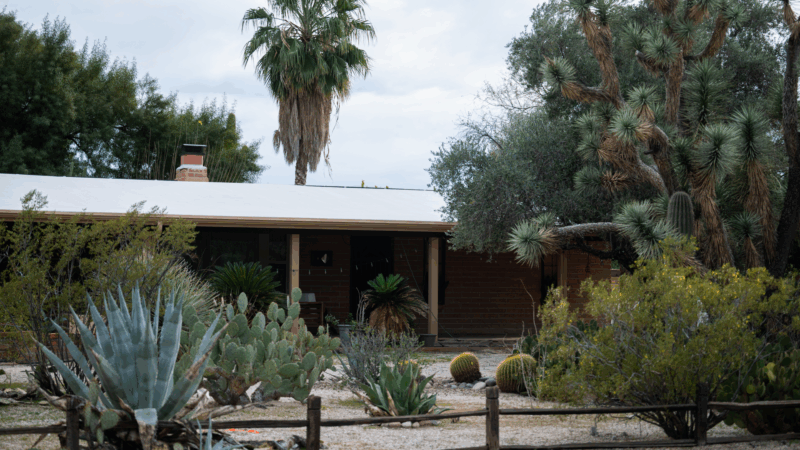Migrants deported from U.S. to Salvadoran prison remain under U.S. control
WASHINGTON — The government of El Salvador has acknowledged to United Nations investigators that the Trump administration maintains control of the Venezuelan men who were deported from the U.S. to a notorious Salvadoran prison, contradicting public statements by officials in both countries.
The revelation was contained in court filings Monday by lawyers for more than 100 migrants who are seeking to challenge their deportations to El Salvador’s mega-prison known as the Terrorism Confinement Center, or CECOT.
The case is among several challenging President Donald Trump’s immigration crackdown.
“In this context, the jurisdiction and legal responsibility for these persons lie exclusively with the competent foreign authorities,” Salvadoran officials wrote in response to queries from the unit of the U.N. Office of the High Commissioner for Human Rights. The U.N. group has been looking into the fate of the men who were sent to El Salvador from the United States in mid-March, even after a U.S. judge had ordered the planes that were carrying them to be turned around.
The Trump administration has argued that it is powerless to return the men, noting that they are beyond the reach of U.S. courts and no longer have access to due process rights or other U.S. constitutional guarantees.
But lawyers for the migrants said the U.N. report shows otherwise.
“El Salvador has confirmed what we and everyone else understood: it is the United States that controls what happens to the Venezuelans languishing at CECOT. Remarkably the U.S. government didn’t provide this information to us or the court,” American Civil Liberties Union lawyer Lee Gelernt said in an email.
Skye Perryman, CEO and president of Democracy Forward, said the documents show “that the administration has not been honest with the court or the American people.” The ACLU and Democracy Forward are both representing the migrants.
A Justice Department spokesperson declined to comment. White House and Homeland Security Department officials did not immediately respond to requests for comment.
The administration in March agreed to pay $6 million for El Salvador to house 300 migrants. The deal sparked immediate controversy when Trump invoked an 18th century wartime law, the Alien Enemies Act, to quickly remove men it has accused of being members of the Venezuelan gang Tren de Aragua.
In a related case, the administration mistakenly sent Kilmar Abrego Garcia to the same prison, despite a judge’s order prohibiting the Maryland man from being sent to El Salvador.
The administration initially resisted court orders to bring him back to the U.S., saying he was no longer in American custody. Eventually, Abrego Garcia was returned to the U.S., where he now faces criminal charges of human smuggling while legal battles continue.
Last month, a coalition of immigrant rights groups sued to invalidate the prison deal with El Salvador, arguing that the arrangement to move migrant detainees outside the reach of U.S. courts violates the Constitution.
An ape, a tea party — and the ability to imagine
The ability to imagine — to play pretend — has long been thought to be unique to humans. A new study suggests one of our closest living relatives can do it too.
How much power does the Fed chair really have?
On paper, the Fed chair is just one vote among many. In practice, the job carries far more influence. We analyze what gives the Fed chair power.
This complex brain network may explain many of Parkinson’s stranger symptoms
Parkinson's disease appears to disrupt a brain network involved in everything from movement to memory.
‘Please inform your friends’: The quest to make weather warnings universal
People in poor countries often get little or no warning about floods, storms and other deadly weather. Local efforts are changing that, and saving lives.
How the use of AI and ‘deepfakes’ play a role in the search for Nancy Guthrie
As artificial intelligence becomes more advanced and commonplace, it can be difficult to know what's real and what's not, which has complicated the search for Nancy Guthrie, according to law enforcement. But just how difficult is it?
Immigration officials to testify before House as DHS funding deadline approaches
Congressional Democrats have a list of demands to reform Immigration and Customs Enforcement. But tensions between the two parties are high and the timeline is short – the stopgap bill funding DHS runs out Friday.








